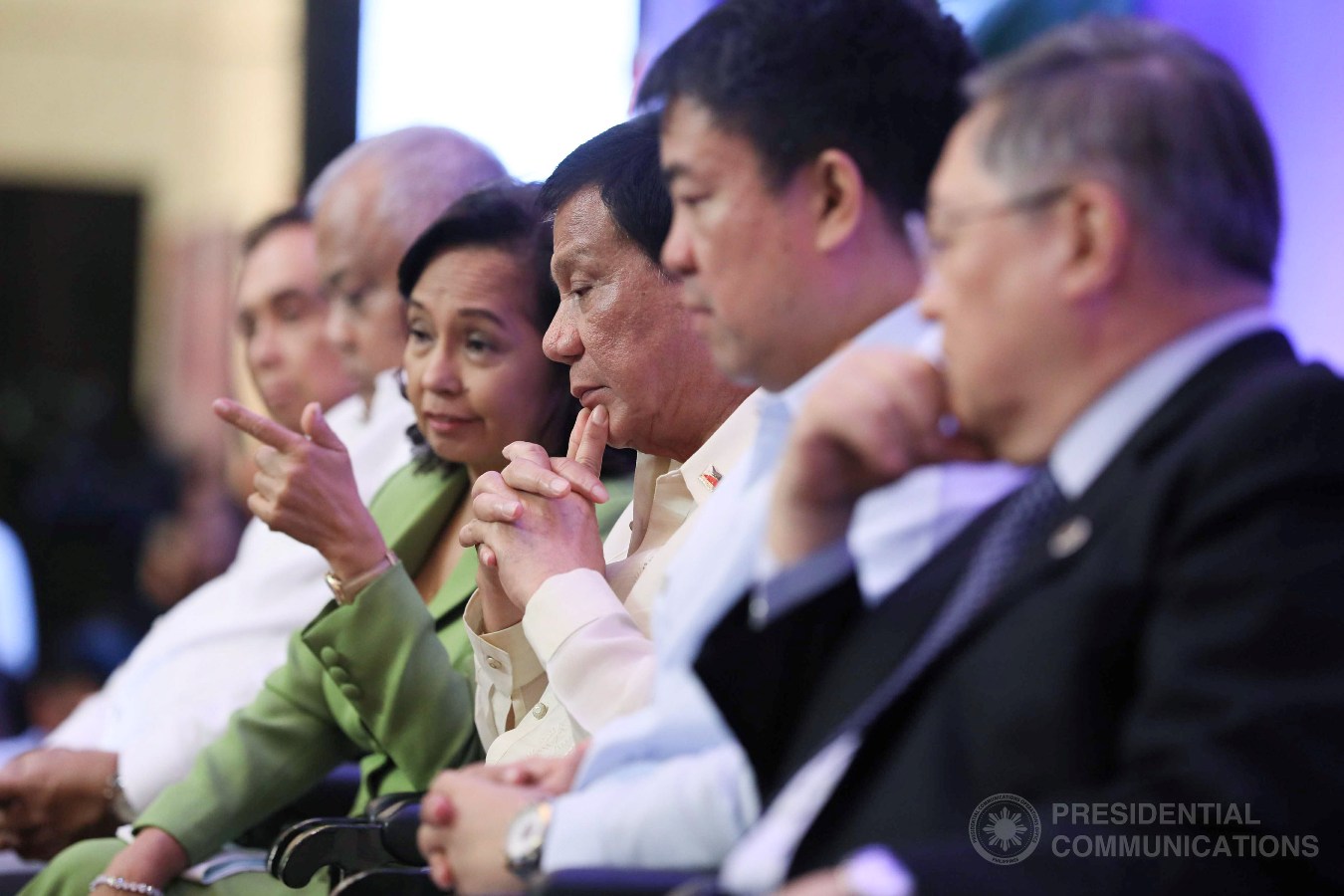News
House panel approves ‘in principle’ TRAIN 2

Cua said his panel is “working double time” to pass the legislation, which both Speaker Gloria Macapagal-Arroyo and President Rodrigo Duterte listed as a priority. (File photo: ACE MORANDANTE/PRESIDENTIAL)
MANILA — The House of Representatives’ ways and means committee on Thursday approved “in principle” the second package of the Duterte administration’s Comprehensive Tax Reform Package (CTRP), which aims to lower the corporate income tax (CIT) and modernize incentives.
The committee, chaired by Quirino Rep.
Dakila Cua, also created a technical working group that would draw up a substitute bill to consolidate all related tax proposals by the lawmakers. The second package of tax reforms is also known as Tax Reform for Acceleration and Inclusion (TRAIN) 2.
Approving the bill in principle means that the measure would be tackled as a package rather than per individual tax proposal.
Cua said his panel is “working double time” to pass the legislation, which both Speaker Gloria Macapagal-Arroyo and President Rodrigo Duterte listed as a priority.
“We are trying to finish as early as possible without compromising the quality of the legislation,” Cua said in an interview.
Cua said the tax incentive schemes must be modernized to ensure that these are more “responsive, targeted, and transparent.”
“Our objective here is to attract more investments, which in turn would generate more jobs,” Cua said.
Albay Rep. Joey Salceda, who is a principal author, said the bill seeks to lower the corporate tax rate, as well as widen the corporate tax base and plug its tax leakages, through rationalizing the administration of tax incentives.
He said the country’s income tax system is characterized by a narrow base and a high rate of 30 percent, the highest in the ASEAN region.
Meanwhile, he noted that the country’s investment tax incentive system is characterized by “complexities and overly liberal mindset” with little regard to cost-efficiency and effectiveness.
“While the importance of tax incentives is not denied, as it attracts investments, addresses market failures, and pivots the state towards reaching its full potential, it needs to be rationalized and disciplined to ensure that foregone revenues arising from its grant do not cost the government more than the benefits these investments bring,” Salceda said.
Package 2 aims to lower the CIT paid by some 95 percent of businesses and, at the same time, retaining and providing new fiscal incentives for deserving recipients that will contribute to national development and help generate pro-poor investments and jobs.
“With the tax incentives rationalized and the tax base expanded, the corporate income tax rate that will now be reduced in order to alleviate the burden of the majority of the business community–notably the micro-small, and medium-size enterprises, who pay the regular 30 percent income tax rate,” Salceda said.





















